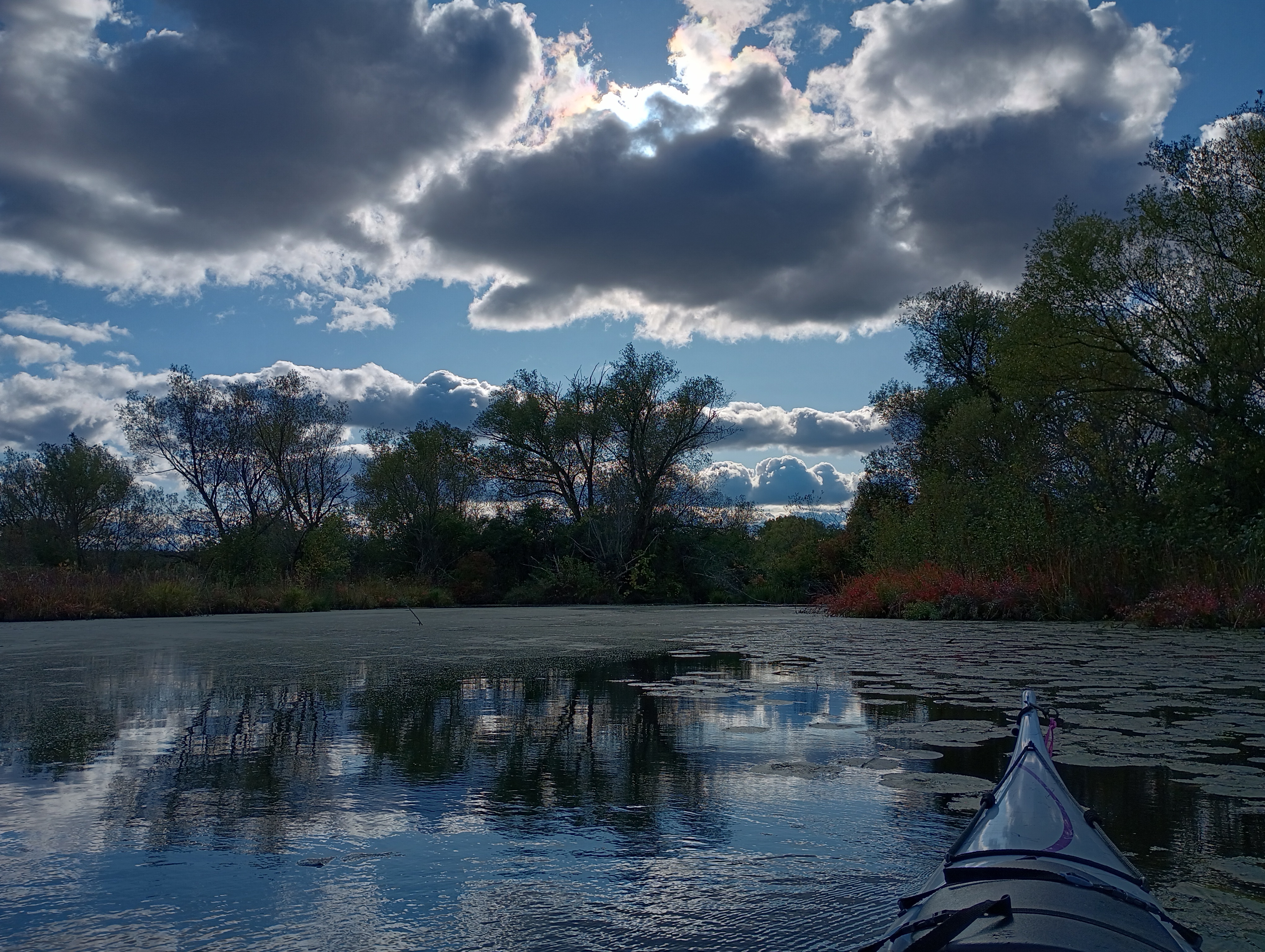One of three former Wisconsin Supreme Court justices asked to review possible impeachment of a current justice refused to tell a judge Friday who else was looking into that question.
Former Justice David Prosser called a lawsuit alleging violations of the state open meetings law “frivolous," saying those looking into impeachment met once but are operating independently and not as a governmental body subject to the law.
Prosser and the attorney for Republican Assembly Speaker Robin Vos both refused to tell the judge during Friday's hearing who else was tabbed by Vos to review impeachment. Vos is looking into possible impeachment of liberal Justice Janet Protasiewicz if she does not recuse herself from a pair of redistricting lawsuits.
The liberal watchdog group American Oversight sued Monday, alleging the group of justices was violating the state open meetings law by not letting the public attend its meetings. Prosser is the only former justice to say publicly that he is among the group.
Prosser indicated during the hearing before Dane County Circuit Judge Frank Remington that three former justices met at least once.
“Three people had lunch together," Prosser said. "We had lunch together because we didn’t know what we were really supposed to do. If other people are going to have input, it’s going to be their input, not my input. I think this is an absolutely frivolous case.”
When asked directly by the judge if he would name who the other two former justices were, Prosser said, “No.” Likewise, Vos attorney Matthew Fernholz said he would not disclose their names without first consulting with Vos. Vos has repeatedly declined to name who he asked, only saying he tabbed three former justices to look into impeachment.
None of the eight other living former justices, six of whom are conservatives, have said they are a part of the review. The most recently retired justice, conservative Patience Roggensack, hung up when contacted by The Associated Press to ask if she was on the panel.
The judge asked Prosser if the group intended to meet again.
“The people that I had lunch with had the same view of what we might say and we would do it individually," Prosser said. He said the group was not producing a formal report and Vos never told him he was creating a panel.
“The word ‘panel’ never came up," Prosser said. “Certainly we were not ordered to do anything. ... This is not a governmental body by any stretch of the imagination.”
Vos himself called it a panel when he announced its formation Sept. 13.
“I am asking a panel of former members of the Wisconsin Supreme Court to review and advise what the criteria are for impeachment,” Vos said on WISN-AM.
Vos said he was asking the group to “come back with an analysis to say whether or not (impeachment) is possible and how it should occur.”
Prosser and Fernholz on Friday both asserted that the former justices were like any other constituent that a public official may meet with to gather advice.
“That’s done all the time," Prosser said. "That is not something that is going to require notices and people coming and listening to everything that’s happening. That’s just not realistic at all.”
Fernholz took it a step further, saying "The secret panel does not exist.”
American Oversight had asked the judge to order the group not to meet. But Judge Remington said he can't consider the case until after the district attorney has 20 days to investigate American Oversight's complaint. That deadline is Oct. 9. Remington set another hearing for Oct. 19.
“It could be very well, Justice Prosser, that this is not a committee that is not subject to public meetings law," Remington said. "We just don’t know because the facts are uncertain.”
Dane County District Attorney Ismael Ozanne said in court Friday that it appeared to him the group may be violating the open meetings law, calling it “astonishing.”
“If nothing else they should be meeting in public," Ozanne said.
But he said his investigation hasn’t gotten far, in part, because he doesn’t know who the other former justices working on the issue are.
American Oversight attorney Christa Westerberg said the group of justices is subject to the open meetings law because Vos created it to advise him, it has a defined membership and he asked that it report back to him with recommendations.
“We don’t have secret panels in Wisconsin," she said. "The work of government isn’t secret. I don’t think this is a very heavy lift. ... It just boggles my mind that all of this can be done in secret.”
Protasiewicz’s installment in August flipped the high court to liberal control for the first time in 15 years. Vos has called for her to recuse herself in the redistricting cases because of comments she made on the campaign trail calling the state’s heavily gerrymandered, GOP-drawn electoral maps “unfair” and “rigged,” as well as the nearly $10 million she accepted from the Wisconsin Democratic Party.
Protasiewicz has yet to decide whether she will recuse herself from the cases. The court has also yet to decide whether it will take up the lawsuits.

